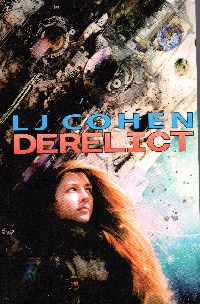 I bought this book on the last day of the local GAME Expo in October. You’ll have to take my word for it, as I did not post a picture of the things I bought on that trip. I bought it from the author, who traipsed all the way from Boston to sit at a table in Springfield, Missouri, to sell her books. I was her last sale of the day, as she was heading out to catch a plane home as we got to the game / science fiction convention on Sunday afternoon.
I bought this book on the last day of the local GAME Expo in October. You’ll have to take my word for it, as I did not post a picture of the things I bought on that trip. I bought it from the author, who traipsed all the way from Boston to sit at a table in Springfield, Missouri, to sell her books. I was her last sale of the day, as she was heading out to catch a plane home as we got to the game / science fiction convention on Sunday afternoon.
At any rate, this is like, what, three in a row of self-published books that are pretty good? (Obsidian Son and The Leftovers being the others.) I’m a little afraid of delving into more self-published stuff for fear of ruining the streak.
This young adult book centers on four teens on a remote outpost. Ro, the daughter of the chief engineer of the station, is good with computers and whatnot; Jem and Barre are the children of the doctors of the station, and Jem is a good engineering student while Barre seemingly wastes his talents on music; and Micah, son of a disgraced Senator, who is trying to perfect a strain of a plant-based drug called Bitterweed to break the current cartel’s hold on the supply. Ro hopes to get to the university, and she hopes to revive a derelict crashed space transport as a project to show she’s competent. But the teens find guns in the hold with forged diplomatic seals on them and uncover a plot by the engineer and the senator to traffic the goods. A plot that requires Ro to awaken the ship’s AI and make the ship space-worthy. When she does, the confused space AI takes off from the asteroid in a panic, leaving the four teens scrambling to survive and return home even as they’re hunted by the government and the people who want their wares.
It’s pretty good. It meanders a bit, especially towards the end, but I might just get impatient with books that clock in at almost 400 pages. Also, the derelict of the title is treated as ancient, but I believe the book says it crashed forty years ago. That seems a little recent for how ancient it’s portrayed. Even today, we have almost 100 year old ships sailing the seas and some of our airplanes are forty and fifty years old. Perhaps the author is trying to convey the youngsters’ perspective here.
So I enjoyed the read, and if I catch the author at another fair, convention, or festival, I might pick up some of the later books in the series (I believe she brought four titles to Springfield, but was sold out of one of them). But I don’t think I’ll hop on the Internet and order them to catch up. That is just not my way.



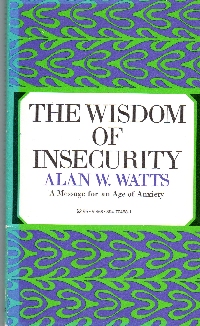 The title of this book certainly fits into the philsophy kinds of books that I might like to pick up. Its size (short and paperback) meant it would make a good carry book for me. It did. As I was reading it at the dojo, a very well-read teenager there recognized Watts’ name. After I finished it, I saw a Facebook image with a Watts quote on it. So his influence continues, some thirty-five years after his death.
The title of this book certainly fits into the philsophy kinds of books that I might like to pick up. Its size (short and paperback) meant it would make a good carry book for me. It did. As I was reading it at the dojo, a very well-read teenager there recognized Watts’ name. After I finished it, I saw a Facebook image with a Watts quote on it. So his influence continues, some thirty-five years after his death.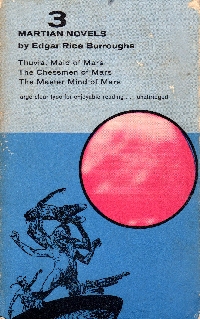 Technically, the copy of this book that I read is the third book in a three-novel omnibus edition called 3 Martian Novels; however, the other two are Thuvia, Maid of Mars and The Chessmen of Mars, both of which I read earlier this year when I read the omnibus
Technically, the copy of this book that I read is the third book in a three-novel omnibus edition called 3 Martian Novels; however, the other two are Thuvia, Maid of Mars and The Chessmen of Mars, both of which I read earlier this year when I read the omnibus 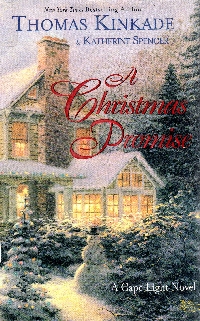 This book represents my annual Christmas book, and it’s the one I bought most recently (
This book represents my annual Christmas book, and it’s the one I bought most recently (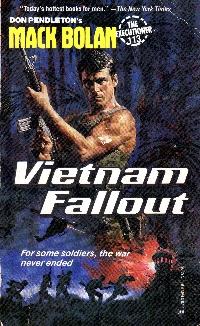 It’s been almost six months since I’ve read a Bolan book (
It’s been almost six months since I’ve read a Bolan book (
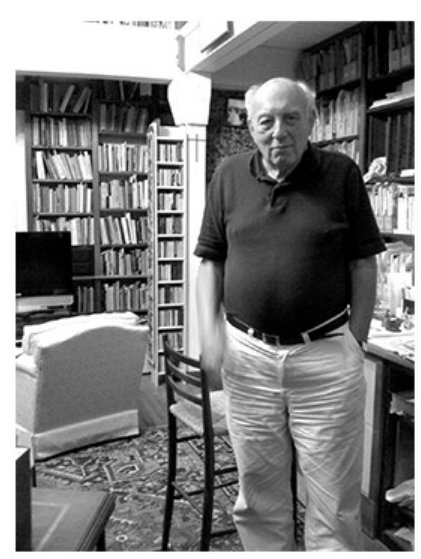
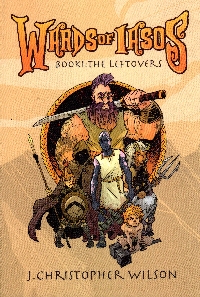 I mentioned
I mentioned 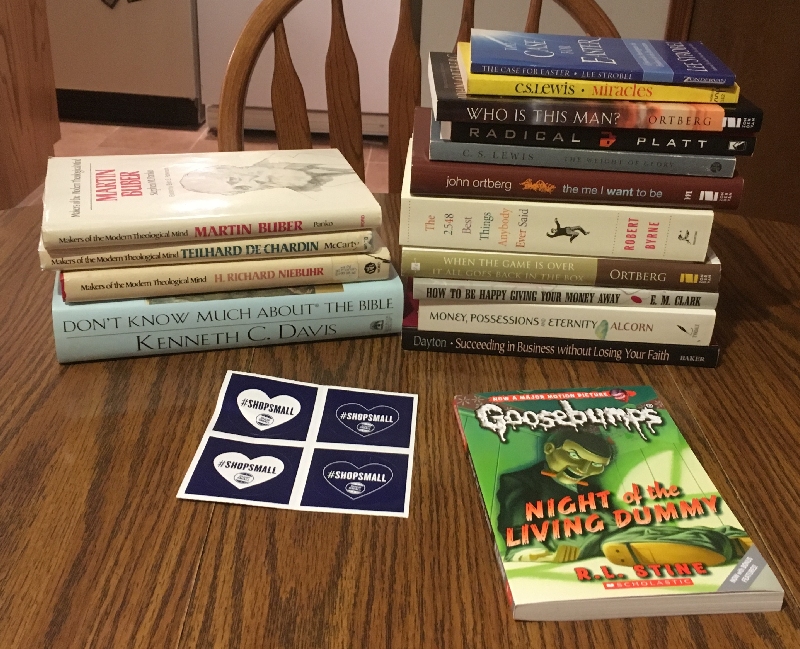
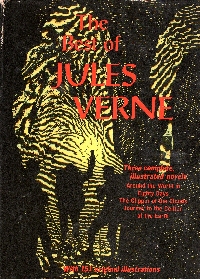 I picked up this book because I know the chicks dig Jules Verne.
I picked up this book because I know the chicks dig Jules Verne.
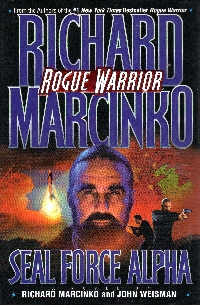 Let’s get it right out of the way: In my book report for
Let’s get it right out of the way: In my book report for  The people behind this book built it to be a teacher-friendly gift for students to give their secret Santas and whatnot in the educational system. It collects quotes about education from a variety of classical sources, includes a jokes relating to schooling that cast teachers in a flattering light, and shares anecdotes from actual teachers about amusing incidents they encountered.
The people behind this book built it to be a teacher-friendly gift for students to give their secret Santas and whatnot in the educational system. It collects quotes about education from a variety of classical sources, includes a jokes relating to schooling that cast teachers in a flattering light, and shares anecdotes from actual teachers about amusing incidents they encountered.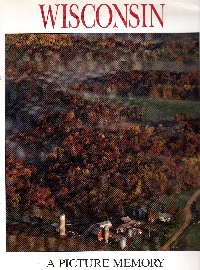 I’ve read a number of these Crescent Books picture books with the text by Bill Harris before (
I’ve read a number of these Crescent Books picture books with the text by Bill Harris before (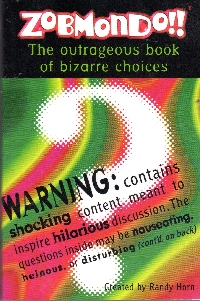 To be entirely honest, I didn’t actually read this book.
To be entirely honest, I didn’t actually read this book. I bought this book
I bought this book 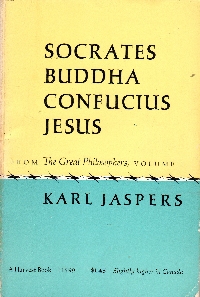 This book fits right into the reading I’ve been doing in Eastern philosophies, classical philosophy, and the Christian traditions. It is a part of a longer work (The Great Philosophers Volume I) by Existentialist philosopher Karl Jaspers, whom I tend to confuse with either Karl Poppers or Karl Barth. Theoretically, I’ll get to keeping them straight as I read them individually instead of as names in summary textbooks.
This book fits right into the reading I’ve been doing in Eastern philosophies, classical philosophy, and the Christian traditions. It is a part of a longer work (The Great Philosophers Volume I) by Existentialist philosopher Karl Jaspers, whom I tend to confuse with either Karl Poppers or Karl Barth. Theoretically, I’ll get to keeping them straight as I read them individually instead of as names in summary textbooks.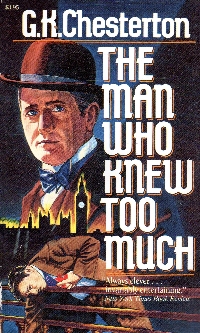 I picked up this book because I’ve heard of Chesterton, of course, and because I’m a big fan of the Bill Murray film The Man Who Knew Too Little. So this book is a two-fer: An intro to Chesterton and the knowledge of the source of the trope. It had been facing out of my hallway to-read bookshelves for a while, and I picked it up, hoping to get through a collection of short stories quickly. Oh, but no.
I picked up this book because I’ve heard of Chesterton, of course, and because I’m a big fan of the Bill Murray film The Man Who Knew Too Little. So this book is a two-fer: An intro to Chesterton and the knowledge of the source of the trope. It had been facing out of my hallway to-read bookshelves for a while, and I picked it up, hoping to get through a collection of short stories quickly. Oh, but no.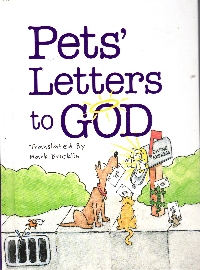 I bought this book on
I bought this book on 